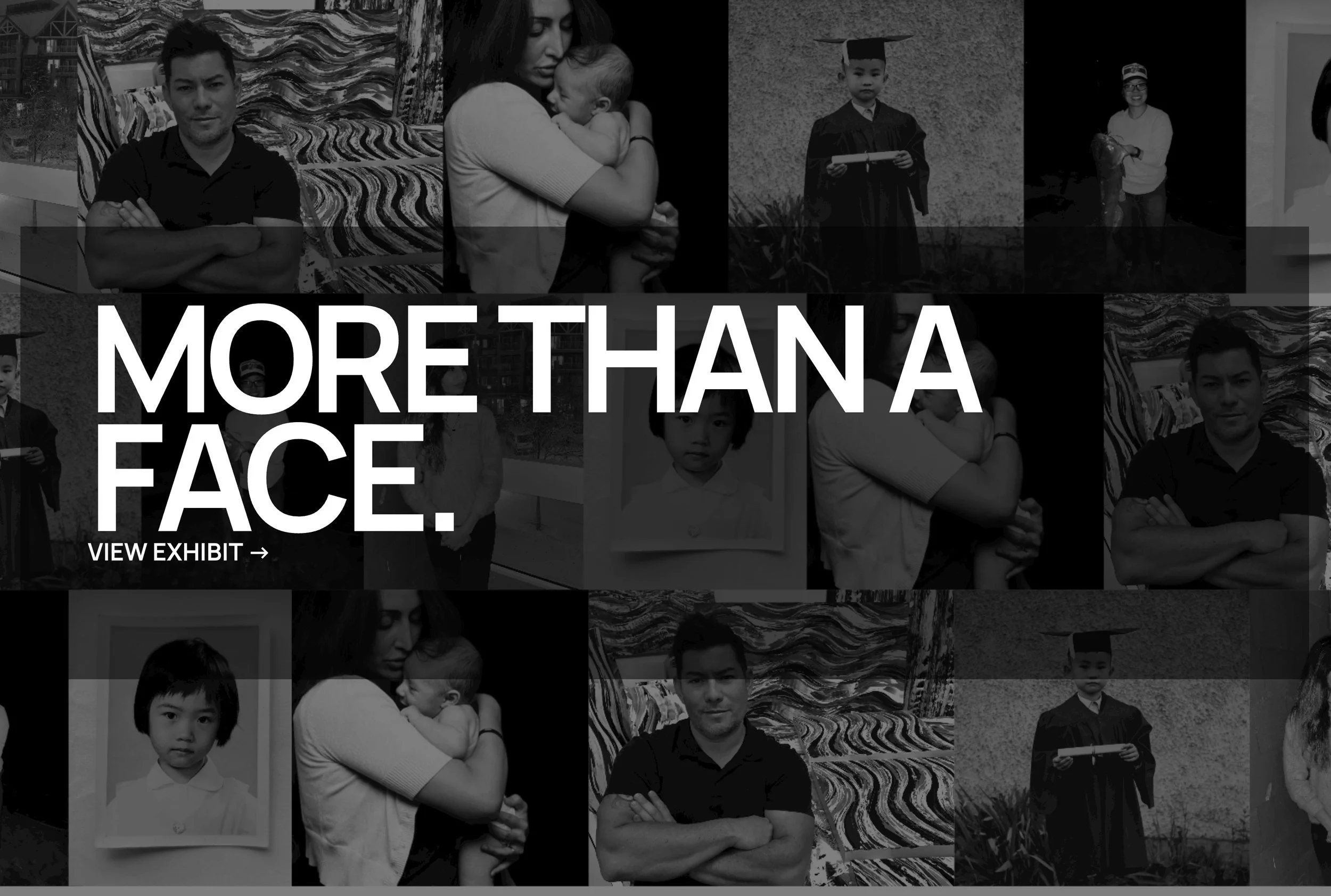The Roses
Chapter 1
Leaving home is never easy.
The transition of changing homes and coming to a new country for the sake of a better future and opportunities can sometimes shred you inside. In hindsight, I was quite naïve and young when I migrated from India to Canada. I was full of excitement for my bright future ahead but at the same I think a piece of me is still there at home.
My home is in a small town called Kapurthala, Punjab in India. It’s a small colonial town surrounded by trees and a small lake. The trees are big, beautiful and mesmerizing. The animals are also fascinating. There are rabbits, peacocks, and if you are lucky, you might also see a deer sometimes. It’s like our own small world where we all live together peacefully.
However, because it’s a small town there aren’t many job opportunities there. As much as it hurts me to be away from my home, I decided to come to Vancouver, Canada for my higher education and in the hopes of a better future. I chose Vancouver because it has a similar environment as my hometown. Except in Vancouver there are mountains, they are like a cherry on top.
It was definitely a hard decision for my parents as well because it was the first time ever that I was going to be so far away from them. Also we are a small family of four: it’s me, my father, mother, and my younger brother. Moving away was hard because I knew that they were strong enough to not let their emotions reflect on their faces but deep down I knew they were a little sad as well.
My mom always taught me to stay connected to our roots, no matter where we go. There is a saying in our culture that “A people without the knowledge of their past history, origin and culture is like a tree without roots.” My mother has always motivated me to grow but not at the cost of forgetting what we have inherited.
Chapter 2
My mother is really fond of gardening as well. She loves to plant flowers such as roses, marigolds and lilies. She also believes that flowers are the symbol of purity. The small gardens in front of our house were a happy place for me.
There is one little garden in front of our house with lots of beautiful flowers in it. It is surrounded by walls of plants. In the bright sunlight, it looks like it is straight out of a painting. With butterflies, and birds chirping all day, the garden makes you forget all your immediate worries. There is a little pathway made of pebbles so that you can have a little walk around the garden.
Whenever I was sad, I would sit amongst the flowers, and their beauty always cheered me up. Before I left for Canada, my mother gave me some roses from our garden as a token of good luck and love from her.
It’s been more than five years since I left home and I still have the flowers my mother gave me. They are now dry and odourless. Some of the colours have started to fade. Still, I keep them near to me and that way it feels like I have part of my home with me.
Whenever I am sad or having a bad day, I hold them and close my eyes and they take me back to my mother’s garden – my happy place. These flowers travel with me wherever I go because they help me to stay connected to my roots and my homeland. Keeping them close fills the void in my heart that was created when I left home.
These flowers might be useless for someone else but for me they still conjure up the essence of my mother’s garden and the warmth of my mother’s love. I can see all the flowers she used to plant, and I can also picture the garden as it was. It makes me feel like I am home and it helps me calm myself when I am anxious. Even if I have my own garden someday, these will still be a part of me. I couldn’t bring my home with me but, with the flowers, I have the sense of my home.
Keeping a sense of my home has helped me grow in my new life. This is what makes these dried flowers priceless. I could buy many flowers in Vancouver but none that carry the soul of my home.
This moving story by Karmvir Kaur was written for a history project led by Professor Laura Madokoro at Carleton University. It's part of a larger initiative called Active History on Display, and this specific piece also ties into a new exhibit titled More Than a Face. The PCHC-MoM organization was actively involved in supporting the project, with contributions from UBC Professor, Henry Yu and board members of PCHC MoM, Stan de Mello.
Too often we judge people by what they look like. In Canada, this has led to targeted racism against certain communities. But communities are complicated. And a person is more than their face.
This exhibit features the stories of people from a range of backgrounds, who have chosen different ways to talk about stories that are meaningful to them. Some are directly about community, others are more personal. All these stories help us explore the idea of being Asian Canadian.



